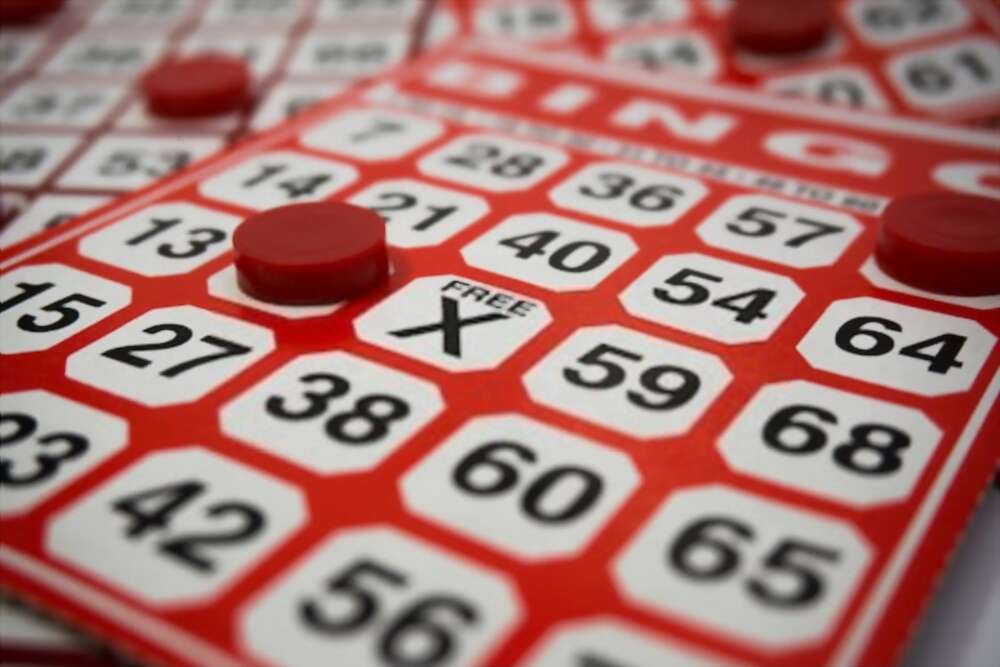Quick guide to the history of bingo
Bingo has become almost synonymous with downtime in the UK with more and more people taking part in an activity which has elements of fun, a thriving social scene as well as the opportunity to win big.

Despite the game of bingo largely becoming popular in the 20th century, the game actually began long before and it can claim to have roots as far back as the 16th century. In fact, the 1530s to be precise when a variation of the game we know today started to take shape in Italy.
This very early version was called ‘Il Gioco del Lotto d’Italia’ and was actually associated with the Italian lottery where numbered wooden tiles were drawn from a sack. The game soon reached France in the 18th century and was given the name ‘Le Lotto’, often played more by the upper class.
From France, the game reached Germany however, this was used mainly for a completely different purpose. It was actually academics in the country who realised that this game could be used in order to teach mathematics to young children. The way this worked is that numbers would have to be drawn out of a large drum and to be able to win, participants would have to be able to cover the relevant numbers or be able to spell out a word that was associated with their card.
How bingo gradually evolved
It was actually an American by the name of Edwin S Lowe who in 1929 at the height of the Great Depression who created his own game of bingo, much like the one we know today, however this was originally called ‘Beano’, because players were required to cover their squares using beans.
Lowe subsequently evolved the game, being inspired to create his own version and tried this out with a group of friends in which he acted as the caller and used numbered cards. It was during this game, where supposedly one of the players became so excited that they actually called ‘Bingo’ instead and the name stuck from there on.
It wasn’t until the 1940s when bingo really reached the UK, when soldiers were said to have brought it back from the second world war, having been introduced to it by their American allies, though even then it still wasn’t as popular as it was in the United States.
In the 1960s, the game really took off in the UK when a man called Eric Morley, who was director of Mecca Bingo at that point making it a commercial pastime. It became particularly popular with the working class, especially women who enjoyed the occasion to socialise on a weekly basis as well, combining this with the excitement of the possibility of winning.
Major companies soon started to commodotise on the growth of the game, with Mecca who were previously an entertainment company branching out to bingo and soon becoming a recognisable household name. This led to the establishment of hundreds of bingo halls up and down the country, emblazoned with the Mecca branding. Effectively, Mecca became synonymous with the name ‘bingo’.
Another company, Gala soon appeared during the 1980s and became a serious competitor to Mecca, with a considerable expansion strategy with the business adding a number of household names to their portfolio. Eventually, Mecca owner Rank Group bought all Gala bingo entities in 2015 following the Coral’s (Gala’s owner) merger with Ladbrokes.
Growth of online bingo
During the mid 2000s, bingo took off online and as a result, hundreds of sites began to emerge all of which helped to evolve the game. They all included generous welcome offers to attract players as well as a number of different games.
While this was effectively a gamble, it proved to be a good one, with many players ditching the traditional bingo hall in favour of the convenience of being able to play from the comfort of their own surroundings.
